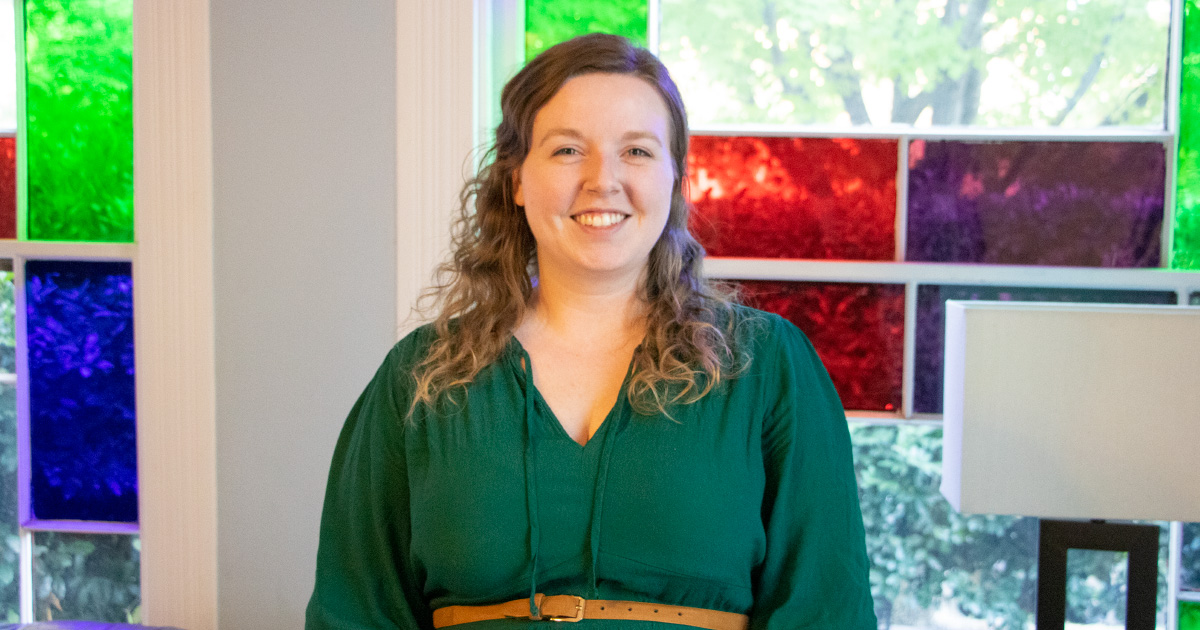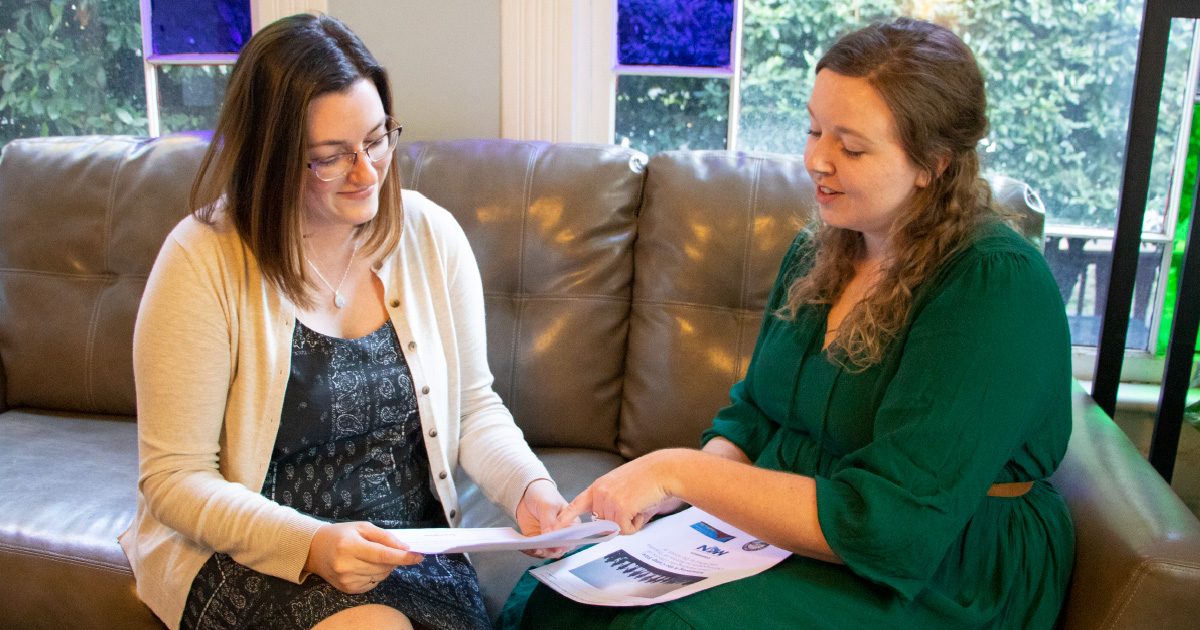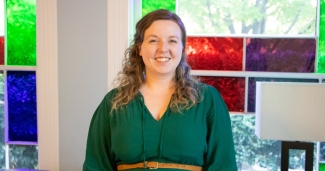“Building the Plane Mid-Air”: A Local Perspective, A Year After the Camp Fire

By Molly Jolliff
One year ago, on November 8th, 2018, my priority at the start of my workday was to pick up flowers for my organization’s five-year anniversary celebration. However, within moments of stepping outside of my Chico, California home, both the smell of smoke and the color of the sky indicated to me that my priorities would need to abruptly change. Now, it’s almost a year later, and I cannot place an exact number on the times I have heard the Camp Fire described as one of “the most challenging” and “the most devastating” disasters in recent memory, even for those whose career in disaster recovery. And while it is now recognized that the Camp Fire was the most destructive wildfire in California’s history (to date), the weight of what that means for providers and social service agencies responding to the Camp Fire is one of the most difficult and complex lessons I have ever had to learn. One year later, I speak from a perspective gained through experience that I wouldn’t wish on anyone, but now realize may become increasingly more common as we, in our collective society, are presented with an increasing number of disasters to respond to in the era of climate crisis.
To work for a local nonprofit, government, or service agency responding to a nationally declared disaster, is to exist at the intersection of the “macro” and the “micro”. Federal and international disaster response agencies such as FEMA (the Federal Emergency Management Agency), the SBA (the Small Business Administration), and the Red Cross inform the macro perspective, bringing in larger scale ideas about disaster protocol and response techniques. Actions taken and services offered by these agencies are based on previous disaster response, and bring critical resources to an impacted community. Local government, service, and nonprofit agencies responding to disasters in their own area inform the micro perspective, and answer key questions that will inform how response and recovery will succeed. Who are the people impacted by the disaster? What are the established needs and services in the community? What relationships of trust and teamwork are established based on local work? How are local systems impacted, and what can be strengthened in order to ensure the community recovers?

[MCN's Jessica Candela working with Molly Jolliff on a webinar for those who provide support or services to Camp Fire survivors.]
At the time of the Camp Fire, I was working for a local nonprofit agency that had existed in the community for (almost exactly) five years. The key service provided by my agency was the local 2-1-1 helpline, which serves as a comprehensive information and referral line for social services offered at no cost or low cost in a given area. Similar to a library where someone can go to one place for information on many subjects, the 2-1-1 line functions as a single call for help that can connect a person to the many avenues of possible assistance offered by agencies and organizations in an area. My role at the local 2-1-1 was, and still is, in the Resource and Information Department. This means that I track service information, including types of assistance offered, eligibility criteria, and the service entry point, for various programs offered by other government, nonprofit, educational, and faith-based organizations. All of this information is compiled in a database made available to the call specialists answering the helpline. As one can imagine, at the time of the fire my role was extremely intense, as the community simultaneously took the hit of trauma and devastating loss while rallying to respond with help for care and recovery. I went from tracking, gathering, and updating information on a local level, to gathering service information for agencies on a much larger scale. Eventually, I began communicating program information developed by partnerships between the micro and the macro of disaster response, as 2-1-1 became a hub of communication between many vastly different response organizations and those they were trying to serve.
From this experience, there is one overarching lesson learned that I feel will be applicable to many disasters in the era of climate crisis. The lesson can be summarized in the phrase, “building the plane mid-air.” The Camp Fire was unprecedented in size and destruction, and reflects an unfortunate trend in modern disasters. New norms for disaster response will be necessary as disasters grow in scale and prevalence, and it is important for those responding to disasters to know that they will be charting a path towards new standards. Questioning guidelines, thinking outside the box, and challenging the assumptions of those who have seen it all can be critical to ensuring that the survivors under your care are justly, comprehensively, and compassionately served. Even the experts in disaster response and recovery recognize the constantly evolving aspect of it, and the crucial feedback loop from local providers in order to ensure the success of disaster recovery.
Taking on a role in disaster response for your local community is difficult, but if you do find yourself in the position, please know that while you will be charting new territory, the perspective you bring will be crucial to the survivors you are serving. We do not know the way, but we can dedicate ourselves to finding it.
Understanding Compassion Fatigue, SAMSHA
Understanding the Disaster Declaration Process, FEMA
Understanding the Role of a VOAD, U.S. Department of Homeland Security
Witnessing: Understanding the Effects of Overexposure to Stories of Trauma and What to Do About It, a MCN webinar
The Witness to Witness Program, a free service sponsored by the American Family Therapy Academy and supported by Migrant Clinicians Network for people in high-stress jobs like clinicians, attorneys, or community service providers who are overexposed to stories of trauma, including in the aftermath of natural disasters. In one to four in-depth conversations (phone or video), a licensed clinical specialist listens to your experience and helps you develop a personal toolkit for managing acute stress or what you witness daily in your job. Learn more and sign up here.
Like what you see? Amplify our collective voice with a contribution.
Got some good news to share? Contact us on our social media pages above.
Return to the main blog page or sign up for blog updates here.
- Log in to post comments





